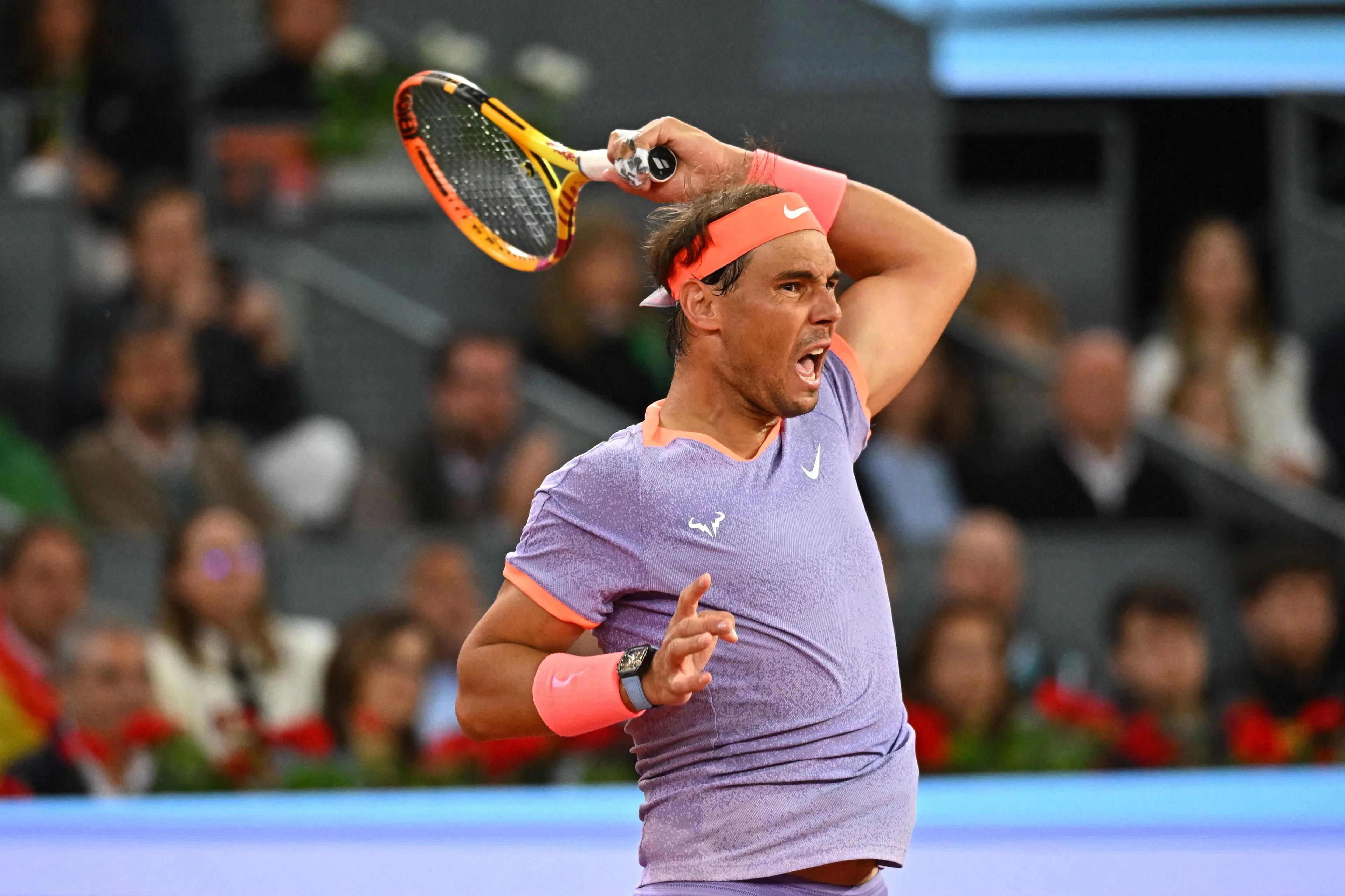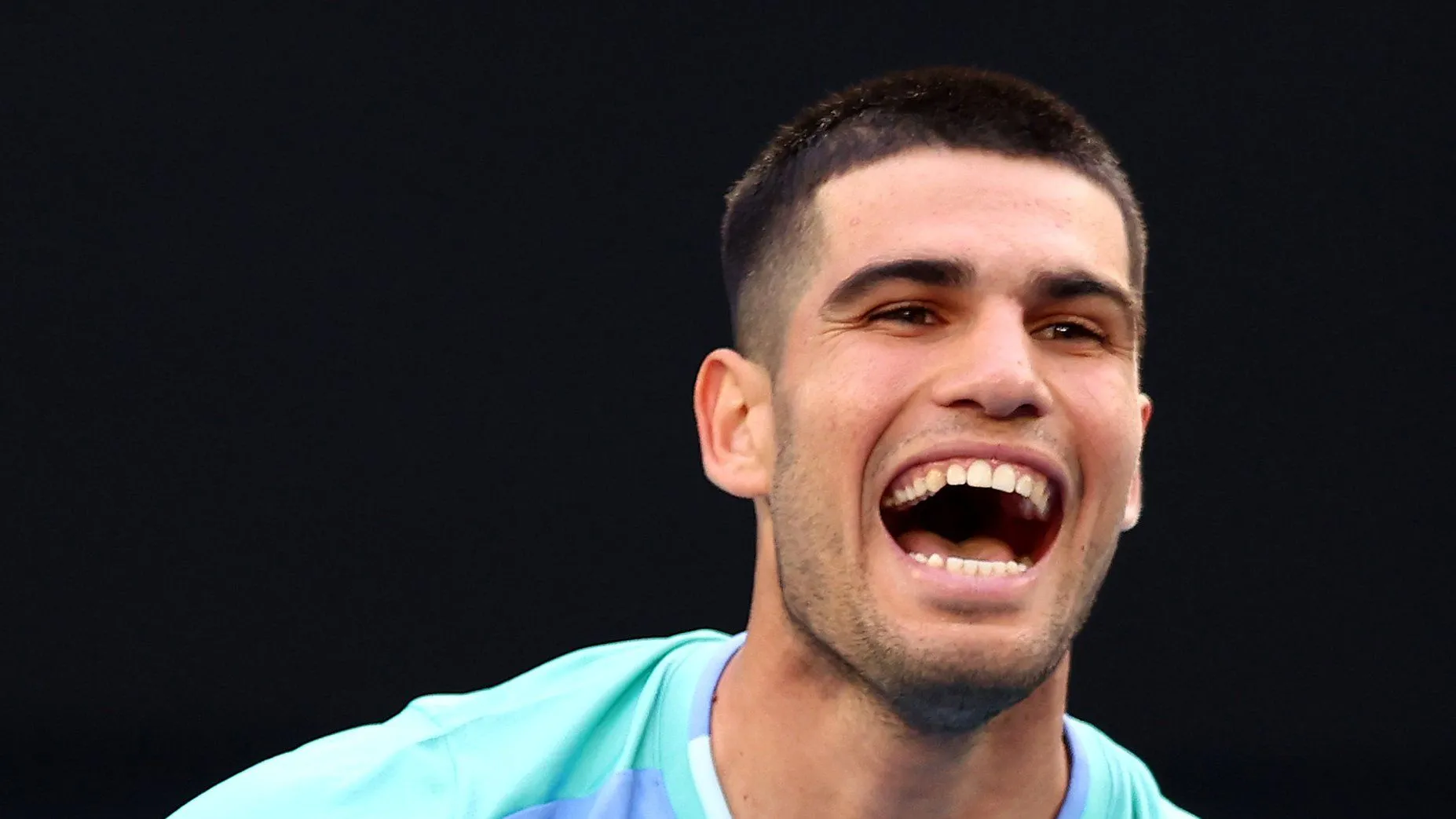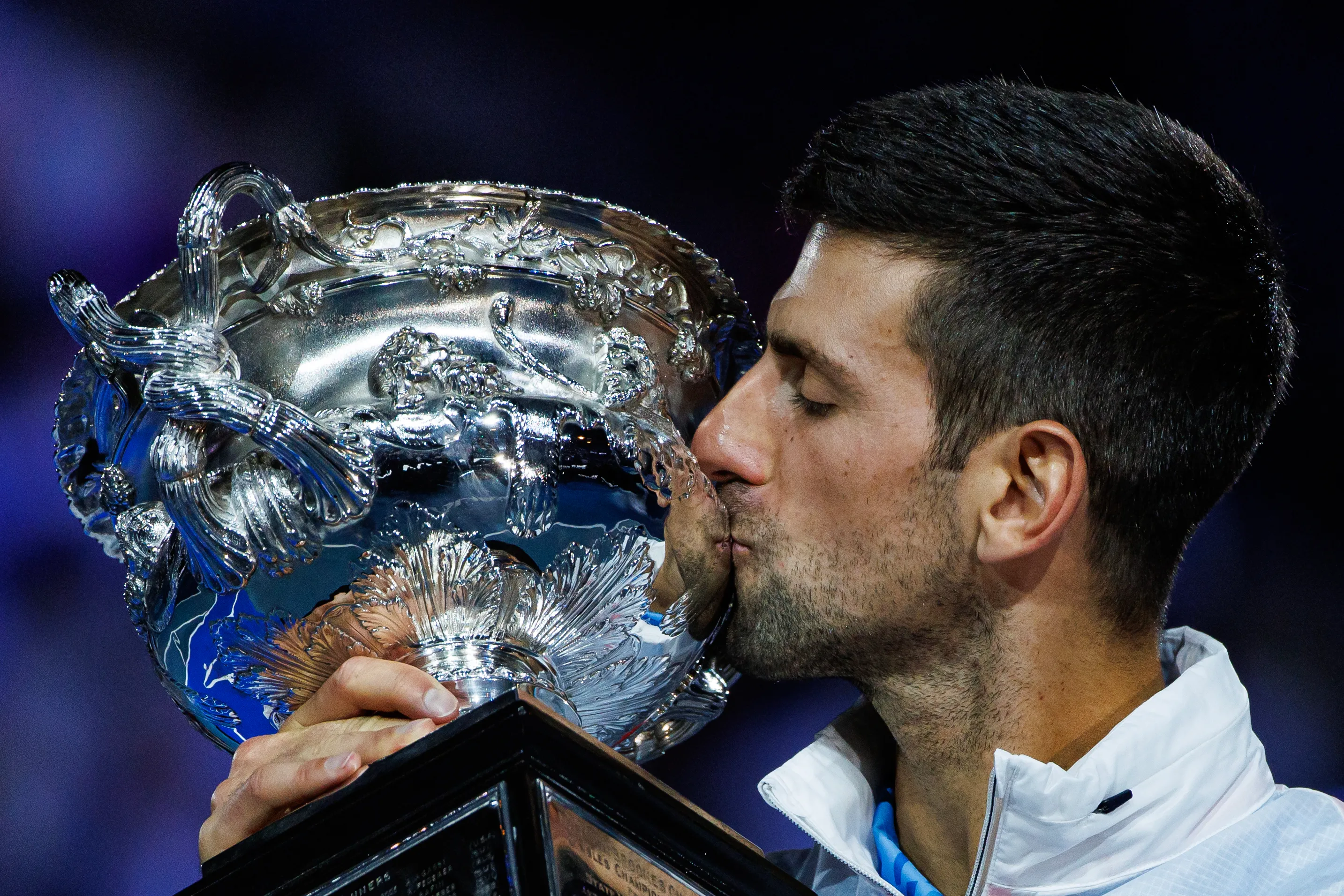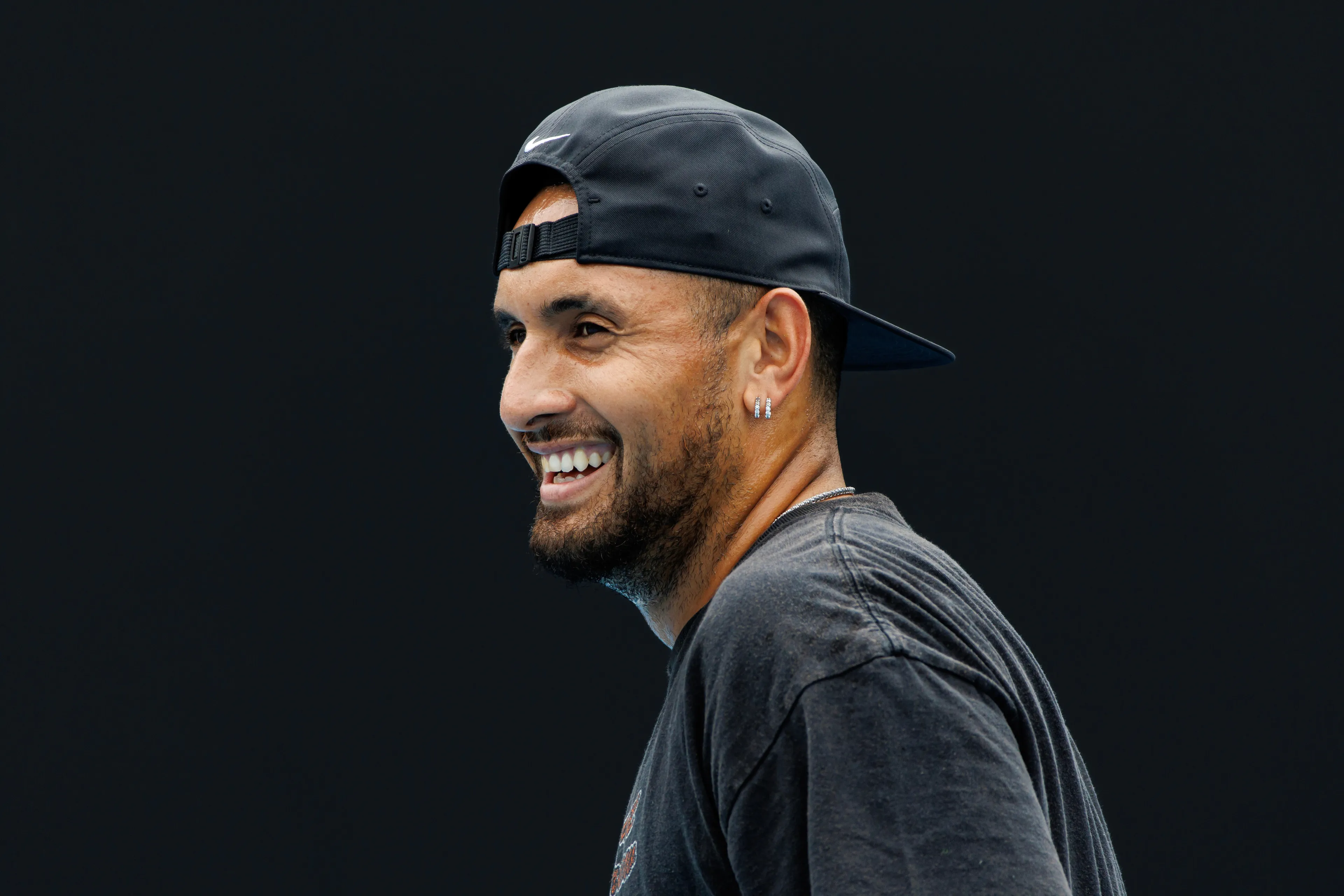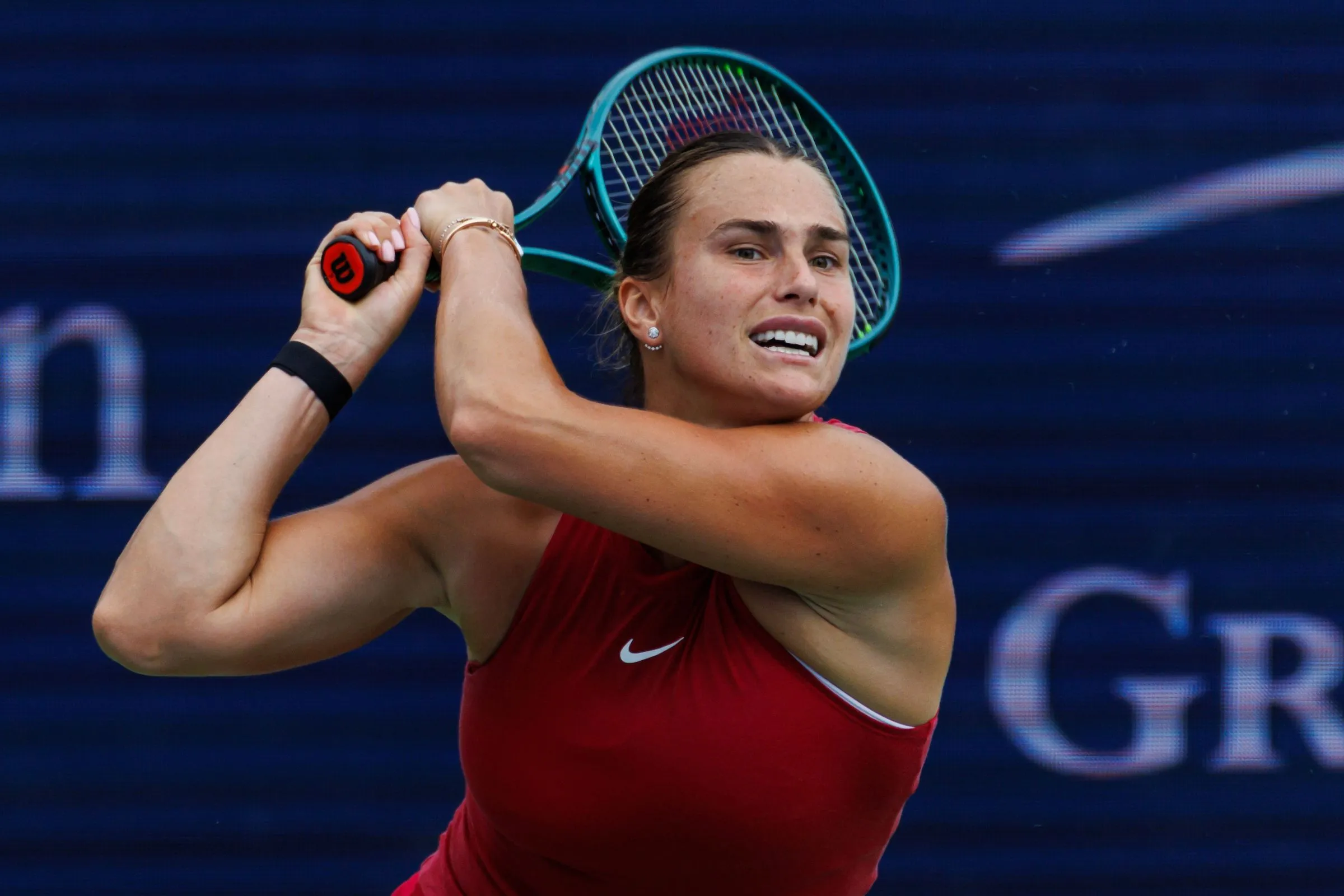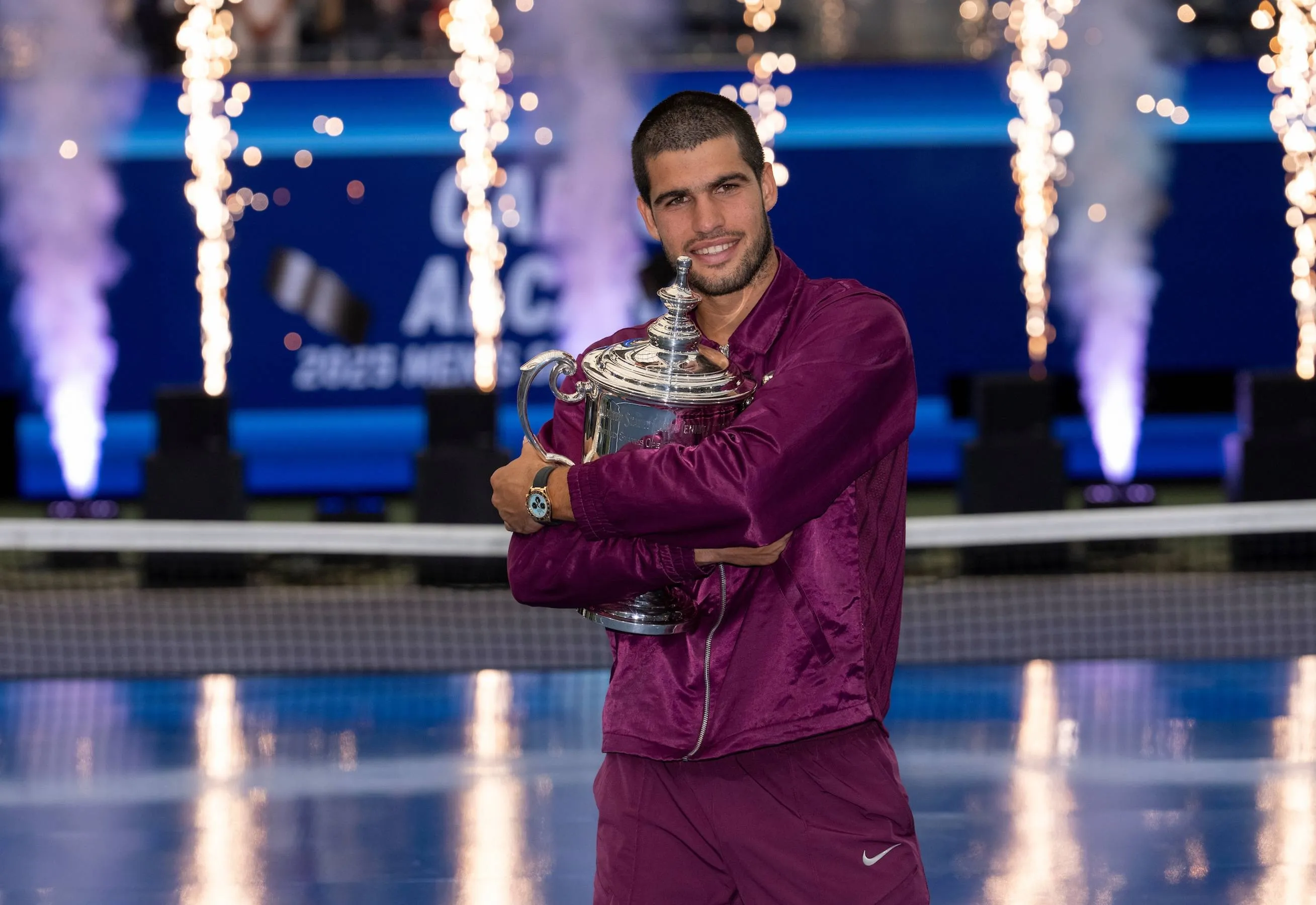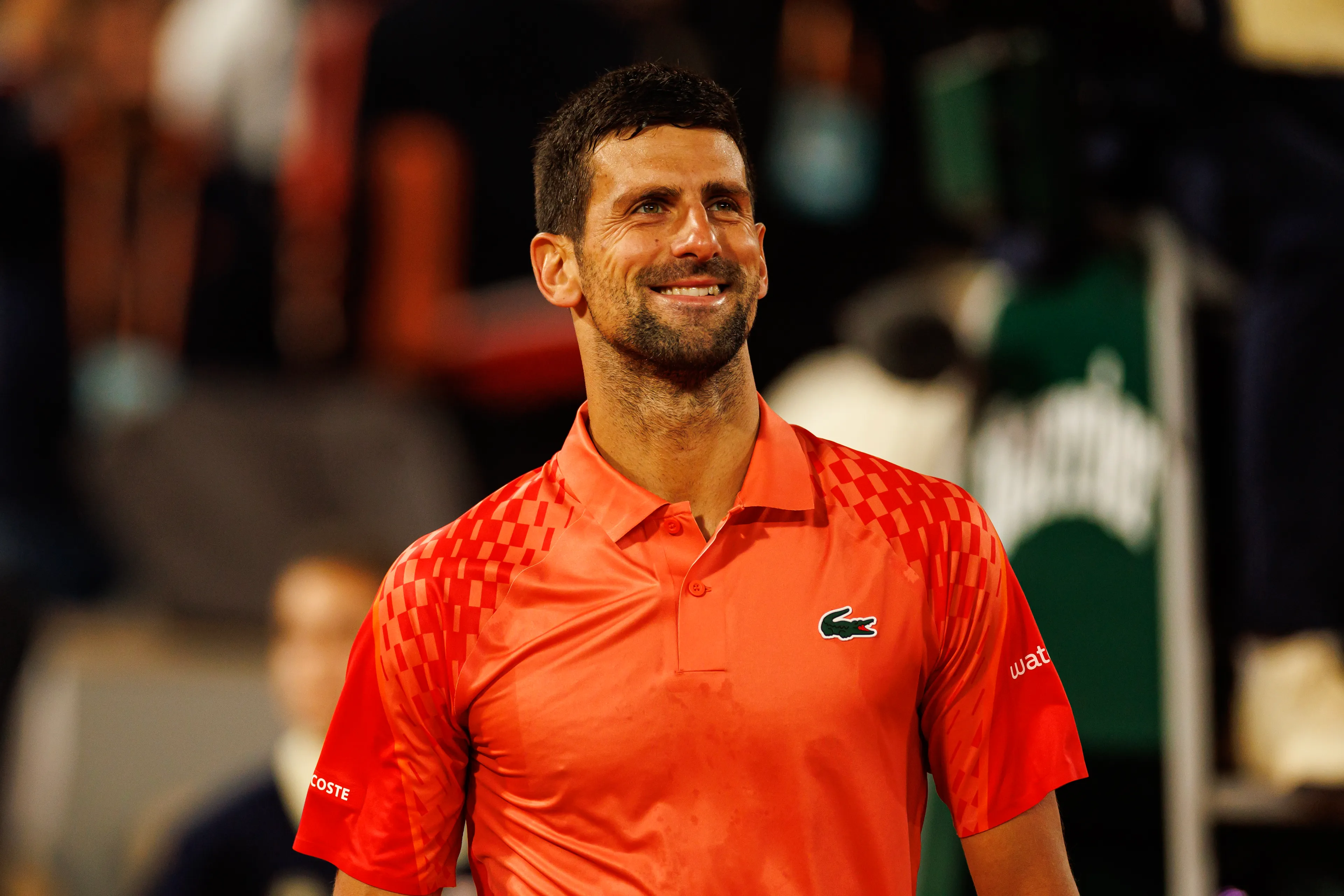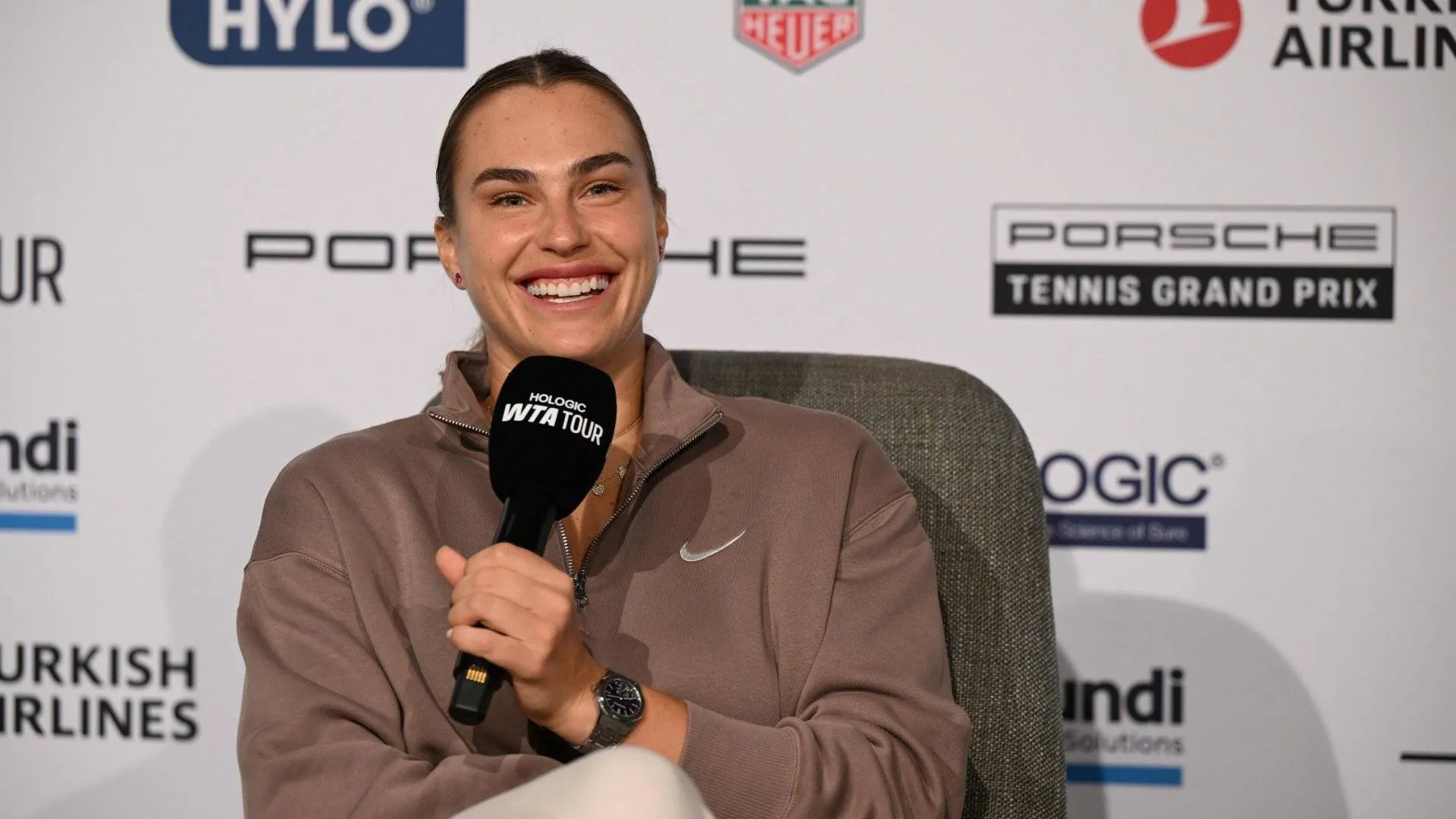'We Broke Down And Ended Our Careers': Alcaraz Sent Warning Amid Early Success
ATPFriday, 19 July 2024 at 22:45
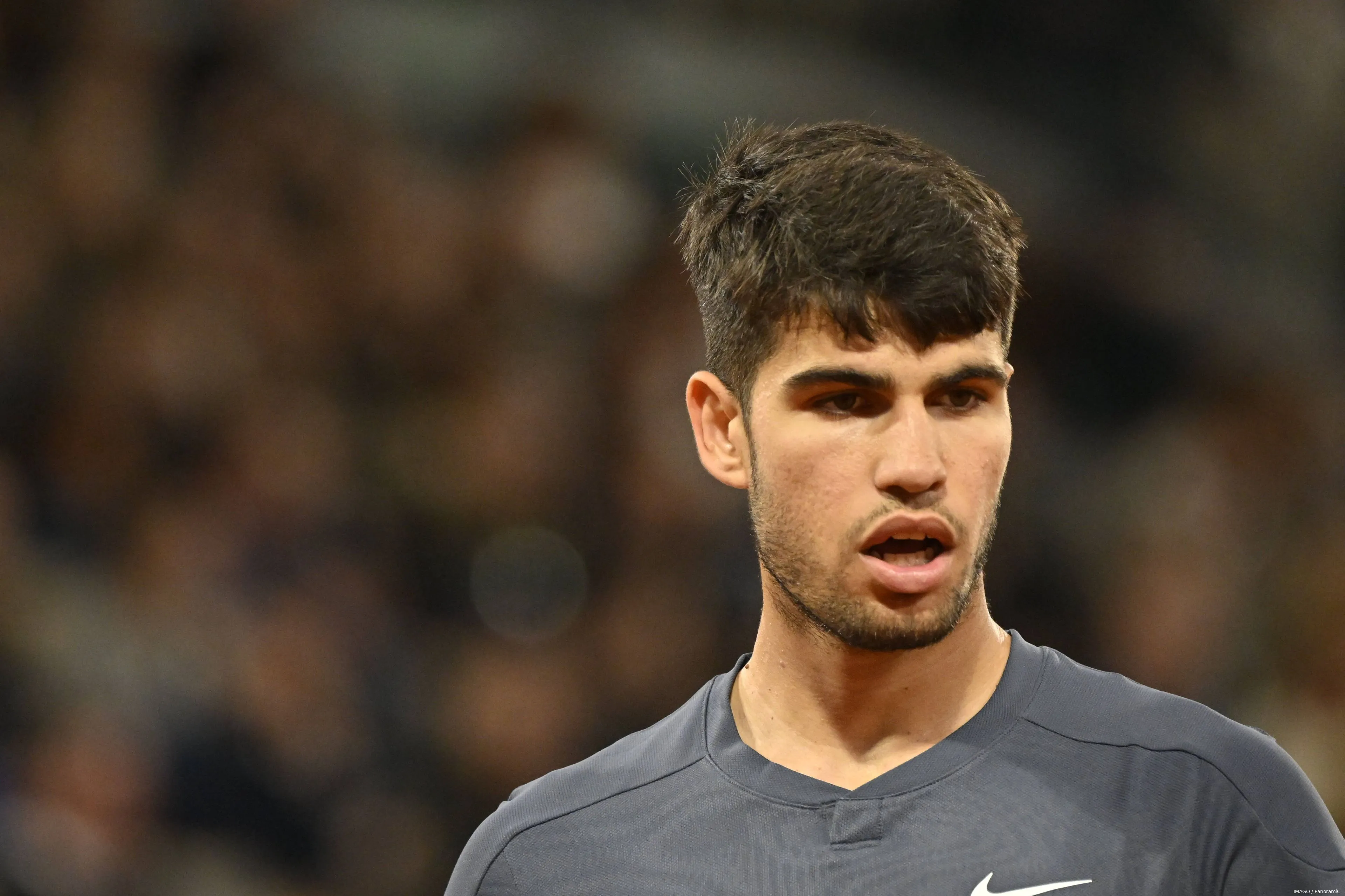
Carlos Alcaraz has had a tremendous start to his career, but therein lies the danger, according to one legendary player who warned the Spaniard of the challenges to come.
Mats Wilander was an iconic tennis player at his time, and like Alcaraz, the Swedish player was an incredible young player. Like Alcaraz, Wilander also won Grand Slams as a teenager, and he's one of the players on the ATP Tour who won four Grand Slams by the time he turned 22.
Alcaraz turned 21 in May and, by winning the 2024 Wimbledon Championships, reached that four-Grand Slam mark that Wilander and his compatriot Bjorn Borg also achieved.
It's an amazing achievement because not many tennis players have had such a supernova start in their careers. Alcaraz certainly has had, and it's why former player John McEnroe has called him the best young player he's ever seen.
While it's amazing to be that great that early, there is also danger in that, and Wilander knows that best. Like his compatriot Borg, he started to experience struggles ranging from motivation to other things.
He stagnated as he grew older, which is totally different from what many expected. Neither Wilander nor Bjorg probably reached their full potential in terms of how much they could have won, and Wilander warned Alcaraz against that.
Speaking to L'Equipe, the 59-year-old talked about how the most challenging part of the 21-year-old's career is coming up. The following five years will ultimately shape his legacy, even though Alcaraz, as we know, has been on record as wanting to beat Novak Djokovic's Grand Slam record.
Read also
"Carlos Alcaraz is now the third youngest player to win four Grand Slams, behind me and Bjorn Borg. But what happened to us? At 25, Bjorn and I broke down and almost ended our careers."
"Tennis was no longer the most important thing in our lives. That’s why I think the next five or six years will be crucial for him."
Everything we've seen from Alcaraz so far doesn't indicate that he'll struggle with being motivated because tennis is literally his favorite thing to do in the world. His bright smile while competing on the court is proof of that, but people change with time.
"It’s not so surprising that he won at a very young age: he was already very strong mentally when he was a kid, then a teenager. But this Wimbledon title is an explosion."
"It’s as if the hardest part has just begun for him. In fact, he should almost not react to this achievement. He should not realise what he’s accomplishing."
For one, Wilander is not surprised at his early success, but he's very interested in seeing how the next few years shape up. There will need to be a lot of talk about what he wants from his career.
"He’s going to have to answer a whole bunch of questions: What do I want to accomplish? Win as many Grand Slams as possible? Stay No 1 for fifteen years in a row? Still be competitive at 37? Achieve the calendar Grand Slam?"
Read also
Loading

